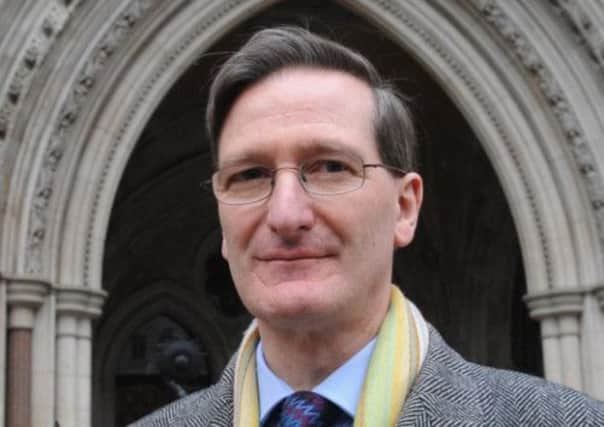Attorney General: Reject McGeogh’s prison vote bid


Attorney General Dominic Grieve said the cases of George McGeoch and Peter Chester, which are being heard at the Supreme Court in London, raised “important constitutional questions”.
Urging seven justices to dismiss their appeals, Mr Grieve said their cases also raised “important questions as to the proper respective roles of the courts and of parliament in settling issues surrounding the right to vote of convicted prisoners”.
Advertisement
Hide AdAdvertisement
Hide AdMcGeoch, from Glasgow, is serving his life sentence at Dumfries prison for the 1998 murder of Eric Innes in Inverness. He received a minimum term of 13 years, but due to subsequent convictions, including taking two prison nurses hostage in a siege in 2001, will not be considered for parole until 2015.
Chester, who is in his 50s, is serving life for raping and strangling his seven-year-old niece Donna Marie Gillbanks in Blackpool in 1977. He is detained at Wakefield prison in West Yorkshire and the minimum term he was ordered to serve before becoming eligible to apply for parole has expired.
Chester’s challenge at the Supreme Court follows a decision by three Court of Appeal judges in December 2010 to dismiss his case.
The European Court of Human Rights in Strasbourg has ruled that a blanket ban on serving prisoners going to the polls, was incompatible with the European Convention on Human Rights relating to the right to free and fair elections.
The court said it was up to individual countries to decide which inmates should be denied the right to vote from jail, but that a total ban was illegal.
The Supreme Court later reserved its judgment to a date to be announced.